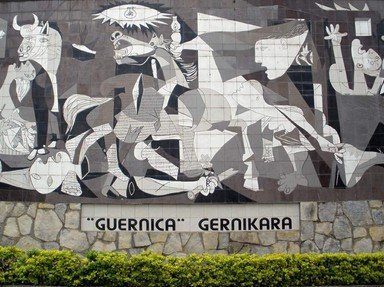
Songs of the Spanish Civil War Quiz
Soldiers and their supporters often use song to create a sense of common purpose. Here are some from the Republican camp, and some from the Nationalists. Can you work out who sang what?
A classification quiz
by looney_tunes.
Estimated time: 3 mins.